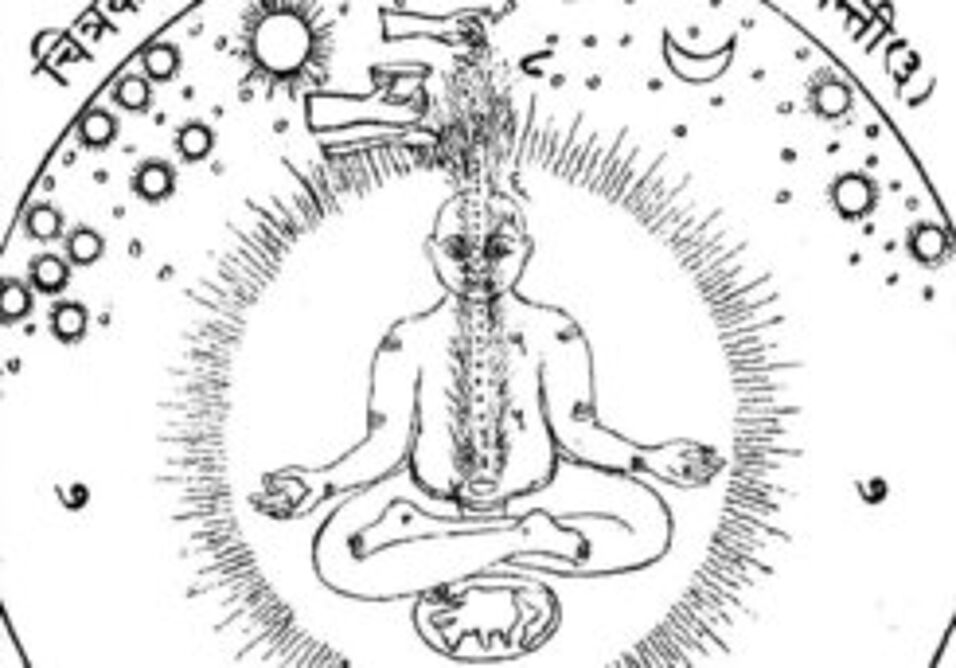In this lecture Cantú will analyze certain key connections between esotericism and language in South Asia, specifically the way in which language can be said to inhabit bodies as a kind of “embodied language.” Cantú will first briefly survey the importance of language and alphabetical phonemes to Hindu cosmology and ritual, noting how language has often served as a vehicle to encode esoteric content up to the present day in both mantras and song.
In the second part of the talk he will note how principles of “embodied language” went on to inform Islamic esotericism following the rise of Sufism in Bengal and South Asia more broadly, to some extent bridging the Perso‐Arabic and Sanskrit alphabet worlds. Cantú will conclude the lecture by analyzing the social and cultural relevance of such embodied language and the ways in which it could be perceived as a form of esoteric knowledge on historical grounds.
Registration until June 11 (link will be sent the day of the lecture date): patricia.mayer@univie.ac.at
Keith Edward Cantú will receive his doctoral degree in Religious Studies (South Asian religions) at the University of California, Santa Barbara, this June, as his dissertation was on the life and teachings of the modern Tamil yogi Sri Sabhapati Swami. A specialist in South Asian religions, he is the co‐editor of 'City of Mirrors: Songs of Lālan Sā̃i', a volume of nineteenth‐century Bengali songs translated by Carol Salomon.

